Birdwatching is an homage to and a critique of low budget horror films, accurately portraying many tropes of the genre, whilst also interrogating the tropes through its premise: three people arrive in the cold and remote wilderness to make a slasher film. Its characters are unpleasant and controlling writer/director Harris, somewhat neurotic and over-explaining cameraman Pete, and the far more likable and seemingly reasonable actress Amy. As the cold sets in and the characters begin to lose both sleep and sanity, pre-existing tensions come to breaking point.
The piece plays in a relatively simple by-the-numbers kind of way, but this structure, although disappointing, does facilitate space to display and then dissect some of the horror genre’s well-known tropes. I do feel that it is possible to satirise the genre without being overly predictable but the exploration of the tropes, in particular the more misogynistic ones, is pulled off deftly enough to carry the piece regardless.
Much of the criticisms of horror’s misogynistic tendencies are explored through the only female character, actress Amy. Although Amy is often seen as going mad or hallucinating by the other two, the props used in fact often align with her perception rather than theirs (when she sees an eyeball rather than a teabag, so do we), lending credibility to her for the audience. However, in one instance the props do in fact align with what the men see, without which it would’ve seemed like a stronger point, more resolutely reminding the audience of the discrediting of women’s experiences within the film industry, especially within horror.
Other instances of horror commentary within the play that were far more effective were Harris and Amy’s arguments, often concerning the way that the female character is treated within the horror film. When Amy questions why her character has a rape scene, noting that it does nothing to forward the plot and does not in any way align with previous plot points, Harris fumbles until arguing back that it’s just how slashers are – a common excuse amongst horror directors – painting traumatic and unnecessary misogynistic plot points as simple schlocky fun.
When Harris later manages to come up with an “excuse” for the rape scene it’s cold and cruel – saying that the character is so unlikable that she needs to be raped in order for the audience to sympathise with her. This kind of brutal, near psychopathic logic is instantly reminiscent of various real life horror stories from women on film sets regarding their male directors.
It is these plot points concerning the misogyny in filmmaking in general that lend the play any of its dread, the careless and unfeeling way that Harris talks of rape far more chilling than any of the play’s supernatural-seeming psychological elements. It is on this front then, that the play loses some of its impact, in the end focusing on the lost sanity of its characters rather than the disturbing lack of empathy that its male characters initially opened the play with.
The character of Amy served as an effective viewing point into this discomfort and threat that women often feel around unfamiliar men, her sanity lost in most part due to their view of her as losing her sanity, and their dismissal of her experiences. Horror, as a renowned philosopher never said, is other people.
Birdwatching is available to watch on demand until 9 November. You can book tickets here.
The show is being performed as part of the London Horror Festival which you can find out more about here.

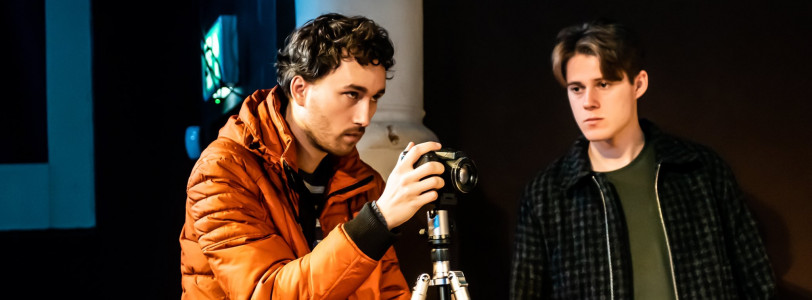
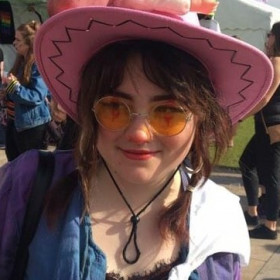
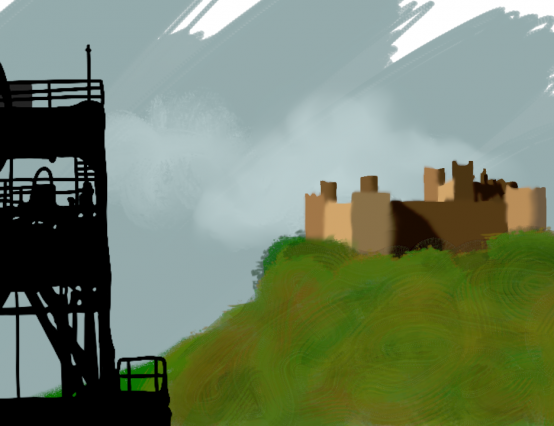
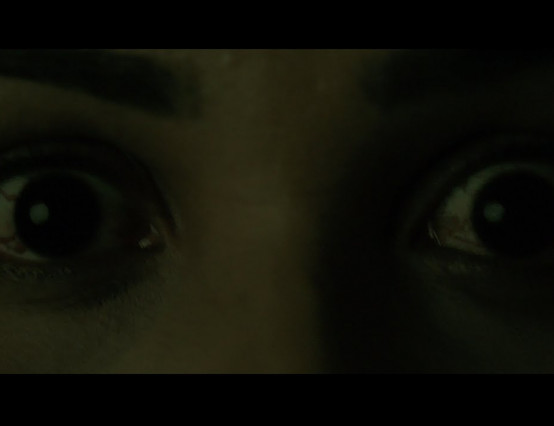
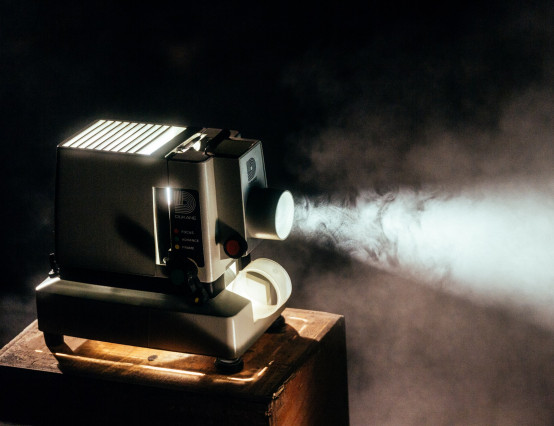


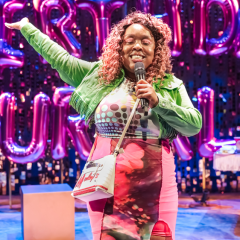
0 Comments